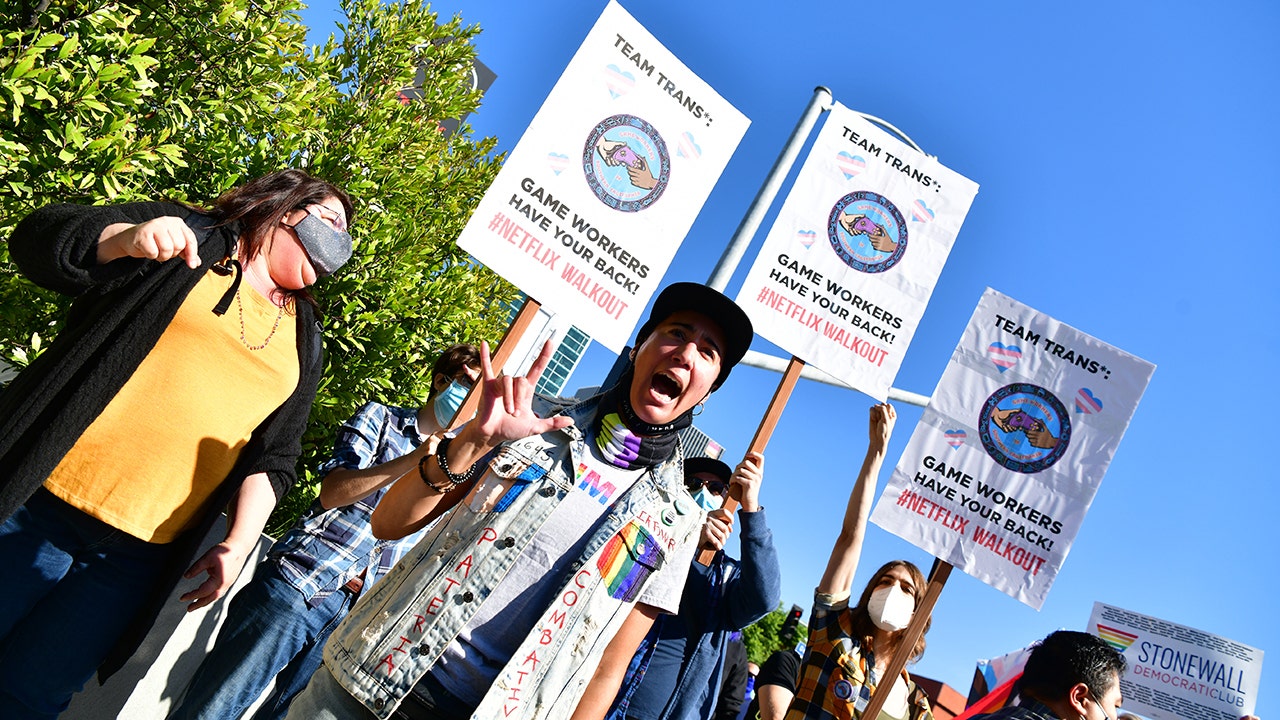
How Elon Musk changed the future of protesting at work
Fox News
Workers used to protest over pay or working conditions. Today, employees protest their companies and the employers' positions on social issues – or returning to the office full time.
Jim Nelles is a supply chain consultant based in Chicago, IL. He has served as a Chief Procurement Officer, Chief Supply Chain Officer, and a Chief Operations Officer for multiple companies. Jim served his country as a Naval Officer after attending college on an NROTC scholarship. He has a BA from Northwestern University in Economics and French as well as a Masters in Management from the JL Kellogg Graduate School of Business.
Globally, labor has a long history of staging protests. Historically, these protests were organized by unions (or people looking to unionize) to bring attention to low pay or poor working conditions. Today’s protesters are different, protesting their companies and their companies’ position on social issues, or simply complaining about having to return to the office on a part-time basis.
On May 31, a group of Amazon employees based in Seattle marched out "to protest the retail giant’s contribution to the climate crisis, as well as job cuts and mandates to return to the office. Organized by Amazon Employees for Climate Justice, the walkout included several hundred employees."











